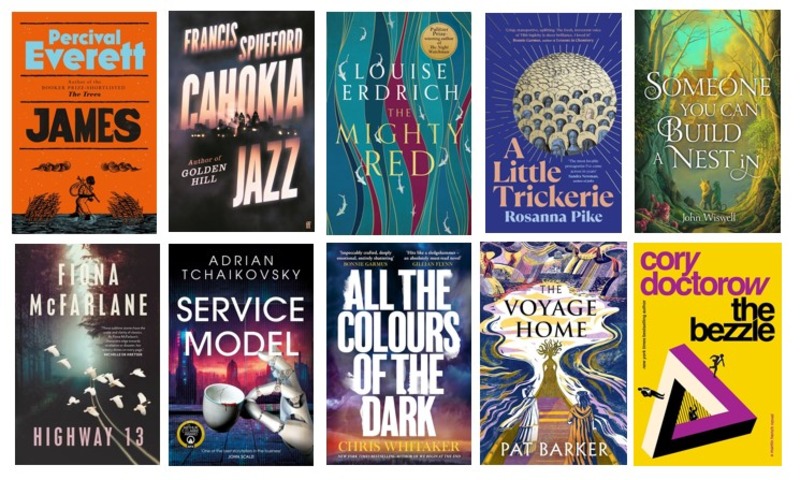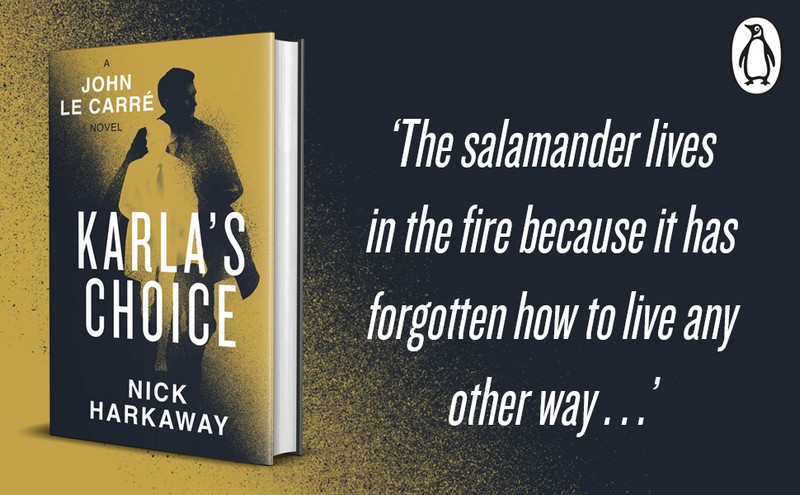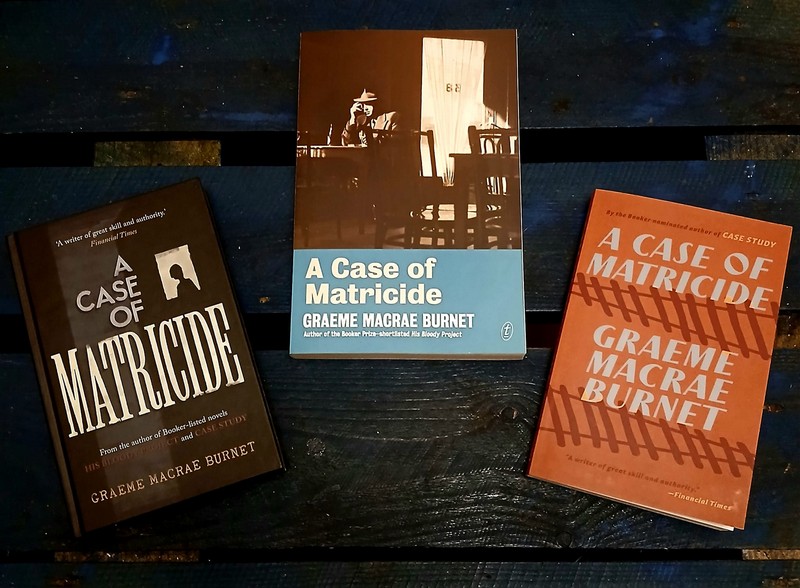 On finishing Susannah Wise’s standalone post-apocalyptic debut The Fragile Earth, some readers may have wondered where she would go next. It’s hard to imagine anyone predicting the antic, comedic, sometimes surreal ghost story with multiversal elements that is her follow up – Okay Then That’s Great.
On finishing Susannah Wise’s standalone post-apocalyptic debut The Fragile Earth, some readers may have wondered where she would go next. It’s hard to imagine anyone predicting the antic, comedic, sometimes surreal ghost story with multiversal elements that is her follow up – Okay Then That’s Great.
When the book opens, Marnie has once again seen the ghost of her dead twin sister Perdita. Perdita died days before the pair’s eighteenth birthdays twenty years before and it is safe to say that Marnie has never quite recovered. To the point where Marnie is now seeing a psychologist at the recommendation of her psychologist husband Ben. But Marnie’s psychologist, Schlap, has problems of his own, a mini stroke that has affected his memory. Throw into the mix Marnie’s own nearly 18 year-old twins whose joint party is approaching and who are being influenced by her formerly Jewish now born-again Christian parents, a woman who appears to be either the reincarnation or ghost of Katherine Mansfield, Marnie’s need to produce new poetry for her next book or lose her publishing contract, and Marnie’s occasional visions that she has somehow grown a penis and general mayhem ensues.
Okay Then That’s Great is a wild, often unsettling, comedic ride. The comedy element depends on readers’ willing to go with the craziness. The arc of the narrative is a little lampshaded by Wise including a conversation between Marnie and her editor about the impossibility of writing British Jewish comedy, particularly involving women. And Wise then throws the whole endeavour into a spin (but also allows for resolution) very late in the piece by providing a possible explanation for Marnie’s visions that involves the multiverse (a concept that will at least be familiar to most readers as it has been getting a fair amount of media play recently).
Okay Then That’s Great is a novel that’s hard to pigeon-hole. An English family drama full of colourful and bizarre characters (Marnie’s parents insist on dressing as characters from famous movies just as an example) that is focussed on its main character still processing grief years after the event that changed her life. A compassionate contemplation of mental illness. And a surreal adventure into the multiverse. It’s all this and more but readers need to be willing to go on the journey with Marnie, and Wise possibly does not do enough in the early parts of the novel to allow readers to see where she is going and ensure they stick with it.
Robert Goodman
For more of Robert’s reviews, visit his blog Pile By the Bed
Other reviews you might enjoy:
- Seven Lies (Elizabeth Kay) – book review
- The Ghost of Gracie Flynn (Joanna Morrison) – book review
- Warlords of Wyrdwood (RJ Barker) – book review

Robert Goodman is a book reviewer, former Ned Kelly Awards judge and institutionalised public servant based in Sydney. This and over 450 more book reviews can be found on his website Pile By the Bed.



